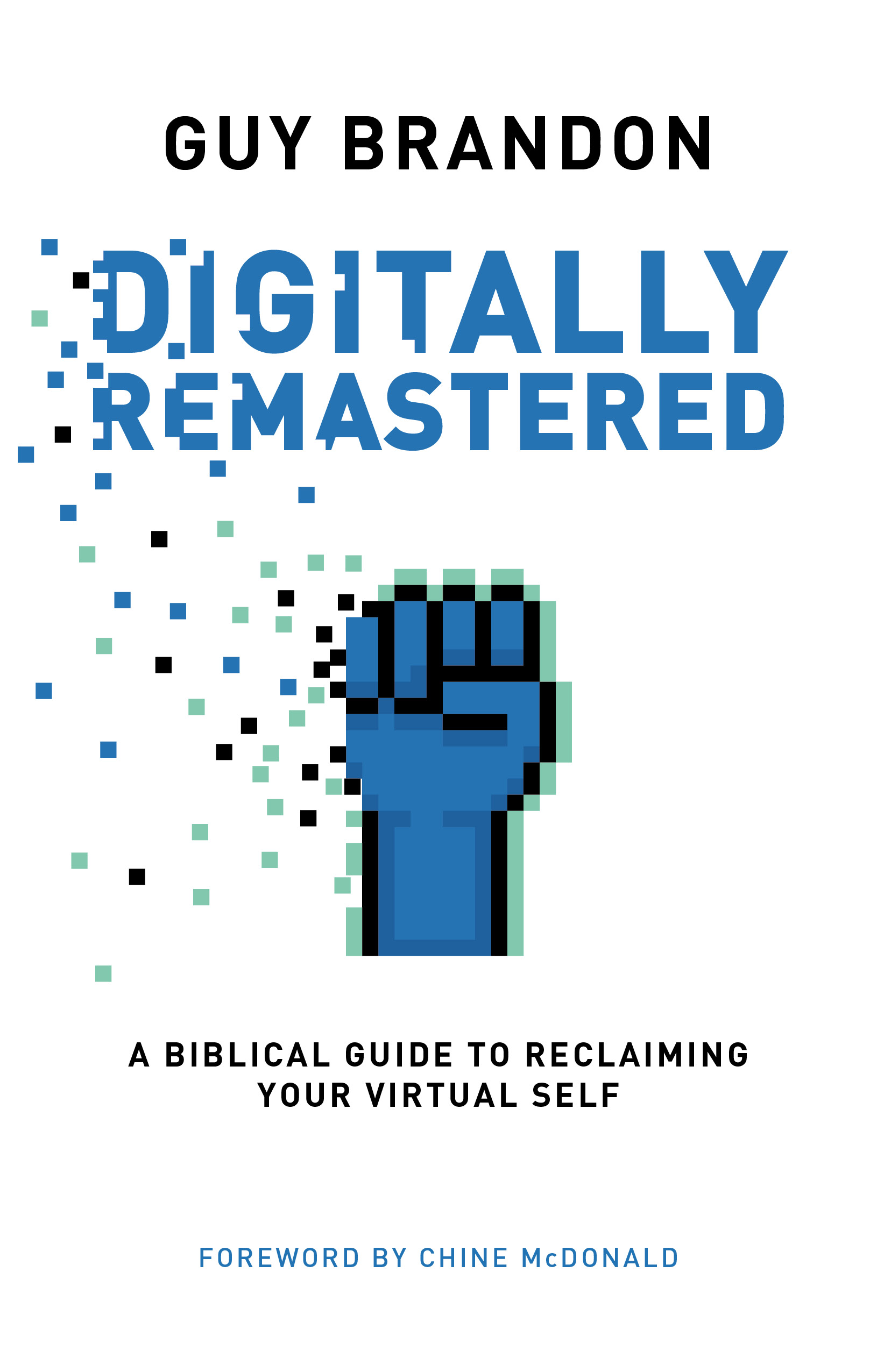Imagine having to phone that friend to congratulate them on their new job – rather than posting a ‘like’ on their timeline.
Or imagine writing a letter, finding an envelope and a stamp, walking to the letterbox and waiting a week for a reply – instead of firing off an email.
How quickly life changes. The communications technologies that now permeate our every waking moment open up endless possibilities: we can do things more quickly, we can do things more efficiently, we can do more things.
And yet there is a downside – our time absorbed in social media and sifting through shopping choices; a quarter of working hours spent in unproductive online activity. And more sinister implications: loss of privacy, anonymity, the undisclosed harvesting of personal details by commercial and government organisations. Ultimately, the reality of communications technologies is that either we will master them or they will master us.
In this incredibly helpful book, Guy Brandon unpacks the practical and spiritual significance of our technological choices and encourages us to use communications technologies in a way that aligns with our faith and calling, and makes us more faithful, more human and better at relating to one another.
Ultimately the question is, ‘Who’s in charge?’
What people are saying
A note from Muddy Pearl
Reading the proofs of this challenging book made me think again about how I use technology myself in our ‘Always-On’ culture. Like so many of us, I’m acutely aware of the mixed blessings of Information and Communications technologies. And, as a parent, I’m also aware of not only setting healthy boundaries for myself in this area, but the responsibility of what I’m modelling to my children.
When my kids come in my room first thing in the morning, do I want them to see me occupied with a screen full of emails, or do I want to be engaged and present with those who love me? With my eyes locked on a screen, I may miss a precious hug, a tickle wrestle or a problem shared. And as they start to interact with technology more independently, they’ll imitate my actions and habits more than they’ll listen to my words of instruction. I want my actions to reflect my values of loving God and loving others, but I’m not always sure how this practically plays out in a digital world.
And am I honouring God and my relationships by heedlessly yielding to the ‘Always-On’ culture? Am I proactively making godly choices about how I engage with the technologies available, or am I just swept along with the tide of culture? There’s always one more email I could send, one more status update to like, one more really important article to read, one more…
Guy Brandon’s words of wisdom and biblical insight have spoken right into my personal wrestle of navigating through an ‘Always-On’ culture. And I’ve already made some counter-cultural decisions, choosing to be ‘Sometimes-Off’: taking a weekly sabbath day from all forms of technology; leaving my phone in the kitchen at night; thinking more thoroughly about what I choose to share online; using technology to connect rather than divide.
This book offers a timely opportunity to stand back, to reflect, and to make proactive choices of how to engage in the digital world we all find ourselves in – to master technology – in a way that reflects both our faith and our values.
Anna Robinson
Muddy Pearl Assistant Editor



